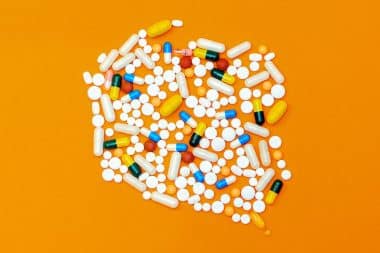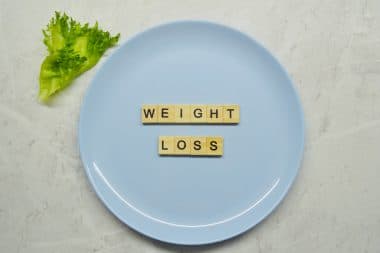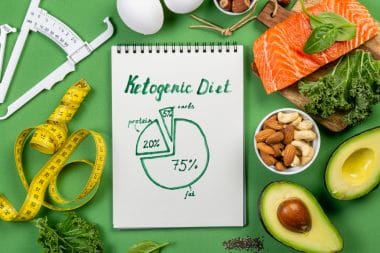Aging isn’t a choice — it’s a mandate of life. If you are living you are aging each and every day. We start aging from the day we are born. And our society is living longer and longer every year. With the improvements in public health and medical treatments the expected lifespan of older adults is 30 years greater than it was in the last century.
On a biological level these changes affect our heart, lungs, ears, eyes, and brain. Each of them has the potential to lose the ability to function correctly as we grow older. However, with the right senior nutrition articles older adults are able to decrease the aging their organs undergo and can manage to maintain more and better functioning as they grow older.
Most age related changes to the body are gradual and changing a diet to correct those changes will also be gradual. There is also a wide variety of ways in which older adults are affected by those changes. And the numbers of people who are aged are also increasing. In 2030 the U.S. Census Bureau projects that the number of older adults will exceed the number of children!
Using good nutritional guidelines to improve eating habits is just as important to older adults as it is for younger children and young adults. But the standard food pyramid may not be the best choices as demonstrated by several studies. The current pyramid for people over 50 recommends 6-11 servings of bread, rice or cereal and only 5-9 servings of a combination of fruits and vegetables. According to more recent data these recommendations are reversed. You need to be eating more fruits and veggies than breads. The pyramid also recommends 2-3 servings of meat, fish or eggs but other studies are showing that 1 daily serving of protein is enough due to decreased activity levels and more sensitive digestive systems.
Growing up in a society that has stressed fast food, fast meals and poor nutritional intake many older adults are starving their bodies of the nutritional and dietary intake necessary to maintain good cell structure and development. Most of the processed foods that are convenient are also conveniently low in vitamins, minerals and enzymes in a form that the body can fully utilize. The package may publicize that there are vitamins added but if the body isn’t able to use the vitamins in the form added they only end up in the toilet.
Another aspect of nutrition that is very important to seniors is fiber. Fiber helps to maintain a health colon and intestinal tract, regular bowel movements and decreases the development of polyps decreasing the risk of colon cancer.
For women and men over 50 the amount of calcium ingested each day should be increased because by this age bone loss has increased which increases the risk of osteoporosis. But contrary to popular belief calcium isn’t just in dairy products. Green leafy vegetables, such as spinach, are also a good source of calcium.
How food is prepared is also important when considering senior nutrition. For the most part all fruits and vegetables should be eaten raw. This may sound different than what you are used to eating but it is actually better and healthier for the body. Adding heat or preserving mechanics to fruit or vegetables will kill the vitamins and naturally occurring enzymes that the body requires to stay healthy. Loss of these vitamins and enzymes causes damage to the body over time which can results in diseases and illnesses such as cancer, immune mediated disease such as lupus and arthritis or heart disease and circulatory disease.
Water is essential to the daily health of all adults, older adults included. Water should be taken daily in amounts of at least 8 — 10 8-oz glasses per day. But a more accurate measure of the correct amount of water intake is to assess urinary output. If the urine is light colored and without strong odor water intake is probably appropriate. This method of assessing water intake isn’t accurate if the person has a metabolic disease such as diabetes.
The amount of sweets, caffeine and alcohol should also be limited. Because the caloric intake that is necessary to support body functions decreases as we age the amount of sweets, caffeine foods and drinks or alcohol that can be consumed without negatively impacting weight gain also declines.






Reply